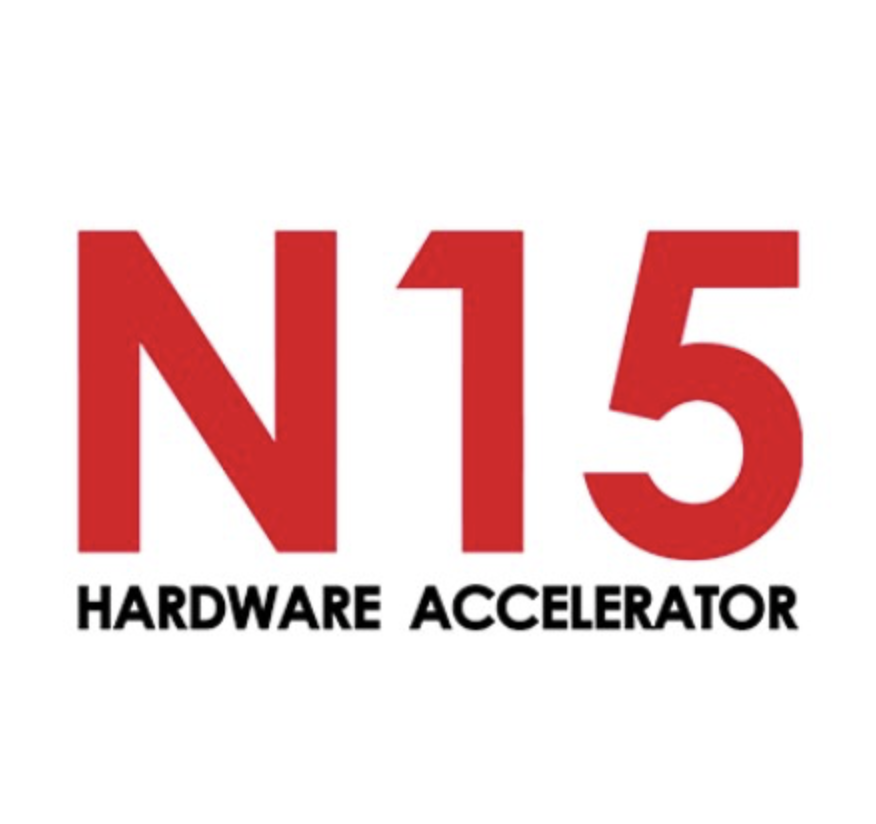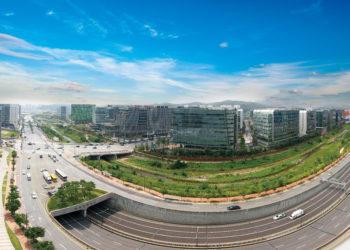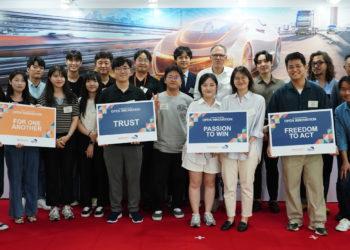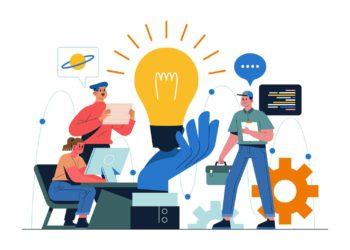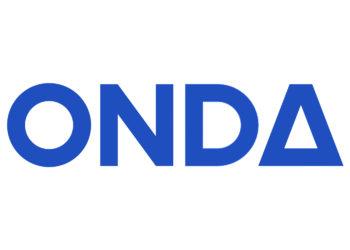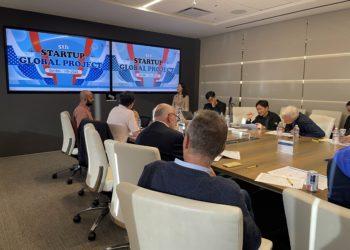“Accelerator” from Hardware Accelerator N15 is derived from the accelerator, which refers to programs that provide funding and mentoring support to help companies get on a fast growth track in the early stages. It helps startups quickly prototype ideas and supports the production and distribution of real goods to help grow into the business.
Why a hardware accelerator?
N15 is a hardware-specific accelerator. It supports initial growth by linking the capital to startups that develop hardware and adding technical skills. In S. Korea, N15 is the only one. According to Huh Je, co-chairman of N15, hardware-manufacturing startups has about three times more burden in facility investment costs or R&D period than software startups, which is why hardware accelerator is needed in Korea. Domestic hardware startup positive infrastructure is still not so developed because most accelerator and startup agencies’ attention was focused on software.
The conflict between startups and factories disappears
CEO Huh thought manufacturing can survive only when it changes as quickly as the information technology sector. Based on business ideas provided by startup companies, N15 carries out initial investments and makes products with prototype production services. Afterwards, it checks the marketability of products by using platforms such as crowdfunding. Mass production utilizes manufacturing businesses linked to N15. It uses N15’s factory network to recommend plants at home and abroad depending on the nature and quantity of the product and provides schedule control so they can be produced on a set date. Since it acts as a proxy for prototype production, factory registration, and schedule management, both startups and factories are not at odds over cost or schedule issues.
Three months from idea to product mass production
Many startups experience difficulties in mass production. This is because there are changes in circuit design and others to mass-produce products and there are problems with yields not seen in prototypes. However, startup companies that have only ideas can solve mass-production of products with help from N15. Last year, it took only three months for N15 to produce 500,000 prototypes, from designing to producing its own tongue cleaner. It was possible because it had diverse networks, including software experts, as well as simple manufacturing experts.
Not only mass production but also small production is acceptable
A particular focus of N15 is to help hardware startups release their products in a “short period.” Startup companies often want to produce small quantities, but they often have difficulty releasing their products because it is difficult to find a factory willing to make small amounts. The method chosen by N15 was the incentive system. When they form partnerships with factories, they put more work on companies that make startup products on schedule, even in a small amount. N15’s partner factories reach 140 at home and abroad. There are also 96 startups that have commissioned N15 to produce their products. Not only startups but Samsung Electronics and LG Electronics’ in-house ventures are also looking for N15. “For N15 which is an accelerator and startup, combined with content and startup is a driving force for growth,” said CEO Huh. “We will work together at the same level as startup and share network and infrastructure with startup companies in the process.”

